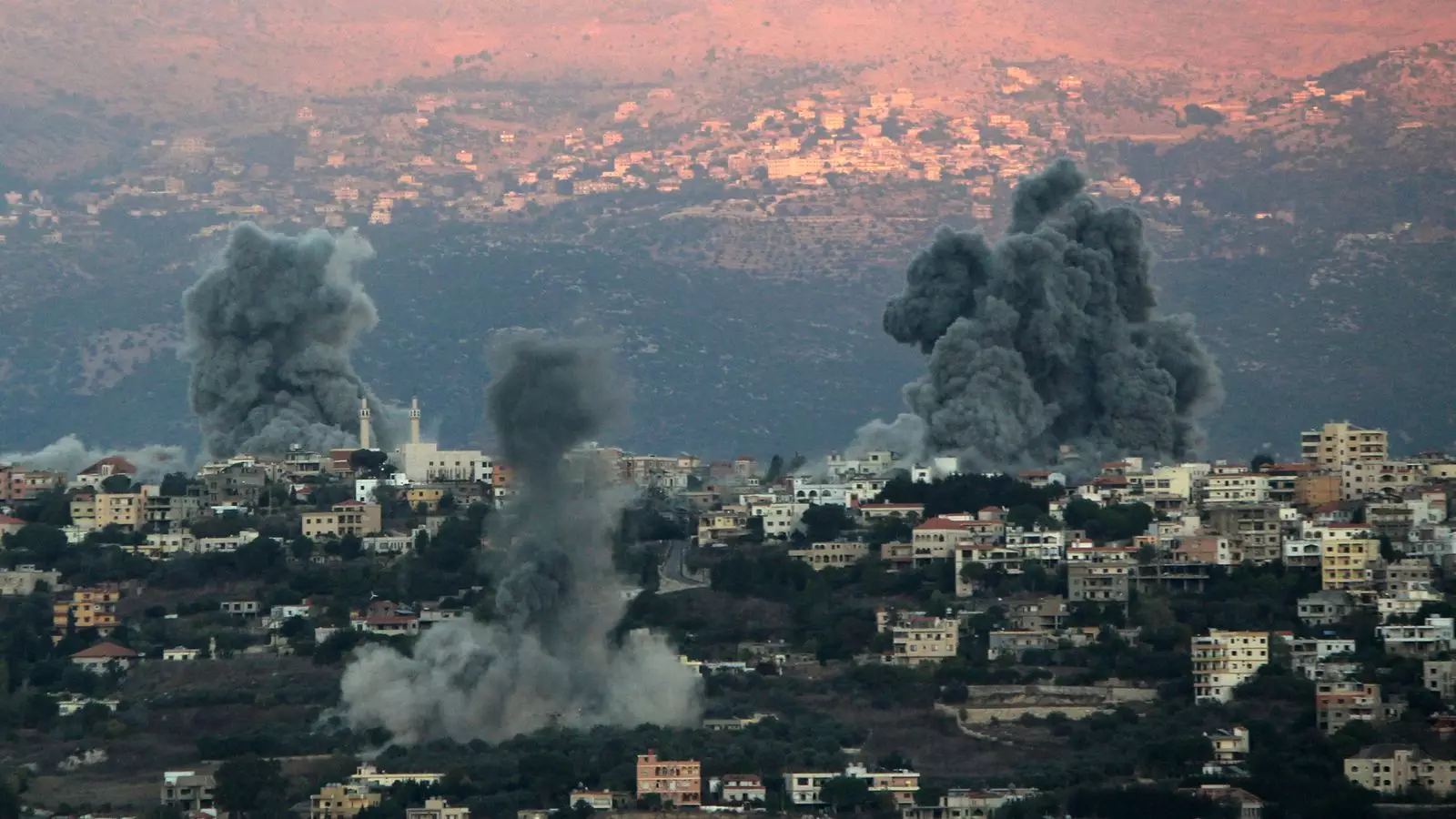Recent comments from UK Foreign Secretary David Lammy underscore the urgency of the situation unfolding in Lebanon, prompting immediate evacuation for British citizens currently in the region. With a deteriorating security landscape and increasing violence, Lammy has conveyed a stark warning: the government cannot guarantee assistance should conditions worsen dramatically in the immediate future. This statement reflects not only a reaction to current tensions but also a broader context of uncertainty in the Middle East.
The backdrop of this escalating situation revolves around the death of Hezbollah leader Hassan Nasrallah, a significant event that has raised alarms across the region. Following Israeli military strikes in Beirut, Hezbollah has responded with implicit threats of retaliation, indicating readiness for a ground attack if provoked. This volatile response from one of Iran’s key allies feeds into concerns over a potential regional conflict that may draw in multiple players, exacerbating an already tense environment.
As Lammy emphasized the “fast-moving” nature of events on the ground, the international community has grown increasingly anxious. Reports indicate that Israeli special forces are conducting operations inside Lebanon, possibly setting the stage for a more direct military engagement. The element of surprise and unpredictability heightens the stakes, leading to fears of broader complications resonating throughout the region.
In light of these developments, the UK government is mobilizing resources to facilitate the safe departure of its nationals. Lammy’s announcement included the establishment of a rapid response unit aimed at assisting the estimated 5,000 British citizens in Lebanon. This proactive measure demonstrates a commitment to citizen safety amidst escalating risks. Additionally, the deployment of 700 troops to Cyprus signals a strategic effort to ensure support is readily available in case of an escalation.
British officials have secured commercial flight reservations specifically for nationals wishing to exit Lebanon, presenting a clear call to action. Lammy emphasized the importance of utilizing these resources without delay, urging those still in Lebanon to heed the government’s advice. The potential for rapid deterioration in security conditions calls for immediate evacuation rather than waiting for government support under stressful, unpredictable circumstances.
The Wider Implications of Conflict
The events surrounding Hezbollah and Israeli forces extend far beyond Lebanon’s borders, reverberating throughout the geopolitical landscape of the Middle East. The rhetoric from Israeli Defense Minister Yoav Gallant, announcing the impending next phase of conflict, speaks to a larger narrative of escalating military engagement. Concurrently, discussions surrounding military support for Israel in case of Iranian aggression highlight the complexities at play and serve as reminders of the interconnectedness of these regional powers.
With US Secretary of State Antony Blinken expressing concerns over these developments, it is clear that the stakes are high. Diplomatic discussions, including Lammy’s recent engagements with Iranian officials, illuminate the urgent need for de-escalation. However, given the rapid unfolding of events, achieving peace may be increasingly challenging.
British nationals in Lebanon find themselves in a precarious situation as the threat of heightened conflict looms large. The government’s decisive actions reflect an urgent imperative to safeguard its citizens, yet the unpredictable nature of engagements between Hezbollah and Israeli forces adds a layer of complexity. As diplomatic efforts continue in a bid to defuse tensions, there is no doubt that the coming days and weeks will be critical in shaping the future of not just Lebanon, but the entire region. Evacuation is not merely a logistical challenge but a necessary step amid a phase of uncertainty that could rapidly evolve into a much larger crisis.


Leave a Reply